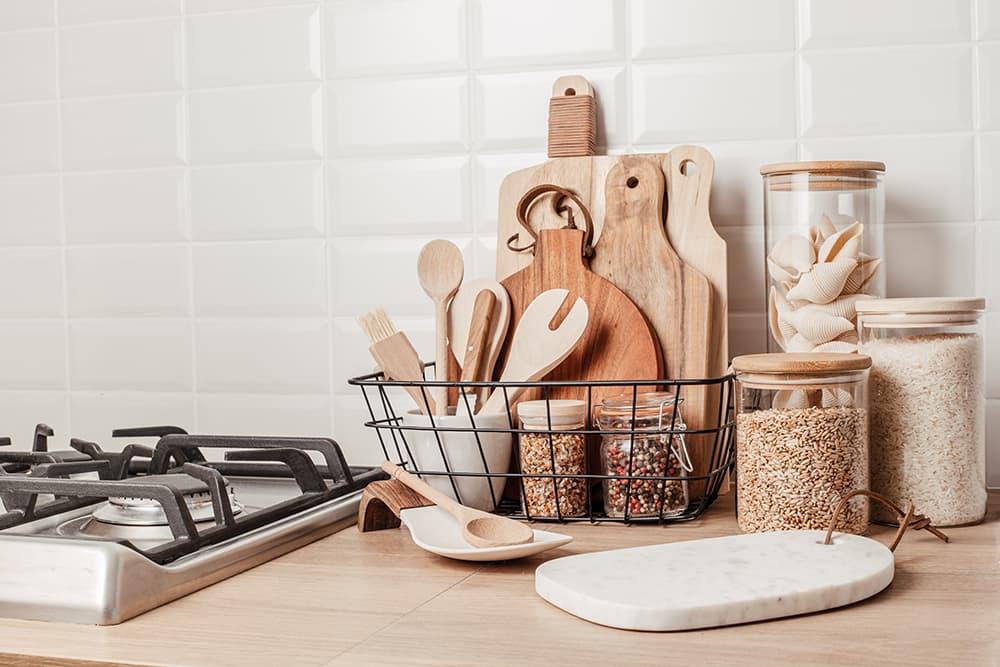Back
recipes
A guide to sustainable kitchen practices
Jan 30, 2024 | 5 min read

Sustainability is not just a trend. It is a collective effort towards creating a cleaner and healthier planet for the future generation. Asmahan Restaurant is already on the bandwagon. Here are a few tips for you to incorporate sustainable practices in the kitchen?
Here’s how you can contribute individually:
- Plan your meals in advance and buy or cook only what you need. This will help in reducing wastage.
- Understand different ways to store food that extend their shelf life. Storing herbs in a glass of water keeps them fresh for a longer time. Similarly, potatoes last longer when kept in a cool, dark place.
- Dispose leftovers, if any, responsibly. Go for composting organic waste to recycle nutrients back into the environment.
- Use high-quality durable utensils in the kitchen so as to avoid frequent replacements.
- Use storage boxes made from eco-friendly materials such as bamboo, stainless steel, or recycled plastic.
- Buy kitchen appliances that conserve energy and save bills.
- Be mindful when choosing the ingredients. Source them responsibly from environment- friendly sources.
- Local produce significantly reduces carbon footprint as they don’t require transportation. It also supports local farmers and communities.
- Choose organic products to avoid pesticides and other harmful chemicals, ensuring healthier meals and soil.
- Reduce use of plastic in the kitchen. Replace plastic containers and utensils with glassware or steel or reusable eco-friendly bags.
- Use pressure cookers for dishes that typically take a longer time to cook. They can reduce cooking time considerably.
- Try smart cooking techniques. Using lids on pots and pans while cooking reduces time and energy expenditure considerably.
- Be mindful of using water. Run your dishwasher only when you have a full load in order to optimize water and energy use.
- Clean your kitchen regularly to keep it fresh and improve air quality.
Adopting eco-friendly cooking techniques is a first step towards living a more sustainable lifestyle. Even though individual actions might seem small, collectively, it can have a bigger impact.



